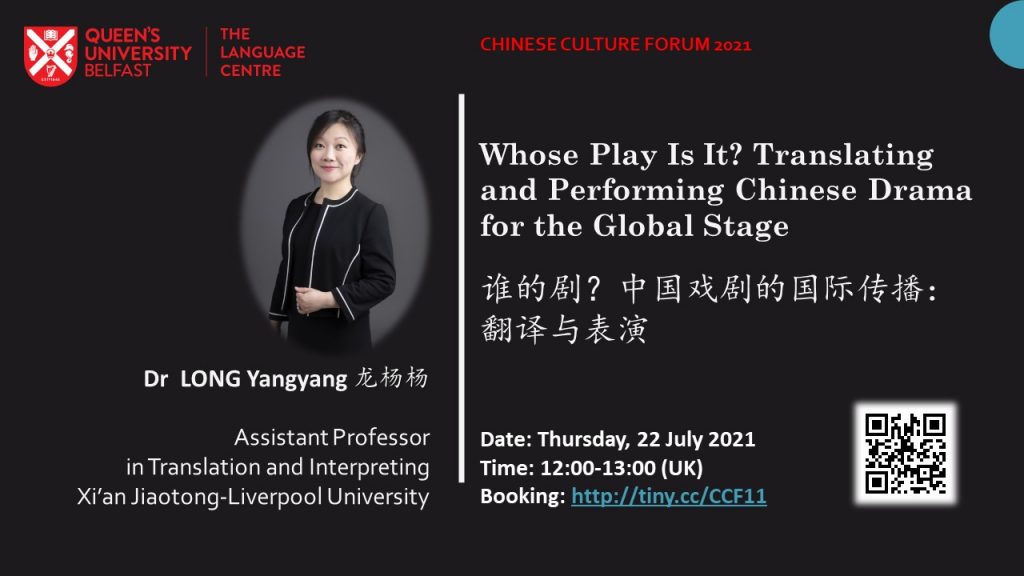Writing Spring Festival Couplets (春联 chūnlián) and characters such as Fu (福 fú, fortune) and the character of the due zodiac sign, is one of the most common and important customs when celebrating Chinese New Year among Chinese households both home and abroad.
We are grateful to our guest calligrapher, Mr Xiaodong Huang, Director of Tian Yingzhang Calligaphy Academy (Shenzhen), to demonstrate his calligraphy with the greeting message through Spring Festival Couplets and hope you enjoy it.
[Script] A Spring Festival greeting from Shenzhen, China.
[Sound] On the arrival of the New Year, I wish you all a year of power and forth, and that all your hopes become true.
0:17 [script] The arrival of the New Year brings the fortune to us. The character Fu means fortune and it’s coming.
0:37 [script] There are many ways of writing the character Fu (福 fú, fortune).
1:08 [script] The regular script of writing the character of Hu (虎 hǔ, tiger).
1:48 [script] The semi-cursive script of writing the character of Hu (虎 hǔ, tiger)
2:14 [script] The cursive script of writing the character of Hu (虎 hǔ, tiger)
2:27 [script] There is no Spring Festival without spring couplet. The first half reads ‘The golden tiger brings its power to powder the spring’ in meaning.
4:32 [script] The second half reads ‘The great fortune blesses peace at the transition between the old and new years’.
5:30 [sound] A Chinese folk song starts
6:30 [script] The title of spring couplet reads ‘Awe-inspiring grandeur remains forever’.

